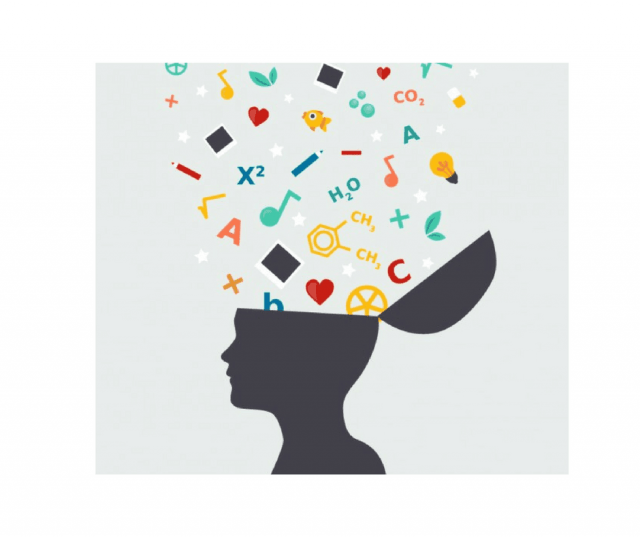Bournvita India, the health drink most kids in India have grown up drinking, launched a campaign that generated the hashtag #LookBeyondMarks.
It was launched to create awareness of how a learner’s or student’s scores in their exams can never be a parameter for success in life.

How successful a learner or student is depends on other important skills which our education system fail to recognize. It is important to inculcate in them skills which set them apart from the rat race and make them real contributors to society.

Every individual is special and has qualities that need to be nurtured. In the light of this, we can look at Howard Gardner, a linguist, and psychologist’s theory of Multiple Intelligences from his book Frames of Mind: The Theory of Multiple Intelligences published in 1983.
Gardner devised 7 types of intelligence which are as follows:
Linguistic Intelligence– Learners who are good with wordplay.
Logical/Mathematical Intelligence– Learners who are good at deriving meaning or conclusions in a logical way. These learners solve the problem presented to them by calculations and lean towards having logical/mathematical intelligence.
Visual/Spatial Intelligence– The learners with an ability to visualize or create mental images and are visually intelligent. Space arrangement and its utilization is their forte.
Musical– This intelligence is found in learners who are good at recognizing tones, rhythms, and pitch in music.
Bodily/Kinesthetic Intelligence– Learner who retain knowledge better by engaging in physical activities like sports and learning dance forms are high in Kinesthetic Intelligence.
Interpersonal Intelligence– The learner with this intelligence learns by interacting with people and performing activities.
Intrapersonal Intelligence- Learners with this type of intelligence are known to be intuitive, who prefer to learn in a quiet environment. They often choose to sit by themselves, thinking and contemplating over ways to improve their understanding of the subject and improvising upon it.
But from the perspective of a teacher, it can be a real task to teach students of different intelligence in one classroom setup. Then what could be the possible solution to it?
Read More: The Classroom Vs The Real World-Where Is The Best Place To Learn?
We could give one example to elaborate on how we can take into considerations all these bits of intelligence and still teach.
A teacher could ask their students to perform a play where they have to act, sing, recite and write dialogues of the drama to be performed.
 Students performing this activity would make use of 4 of the intelligence mentioned above. How? Let us explain.
Students performing this activity would make use of 4 of the intelligence mentioned above. How? Let us explain.
When the teacher assigns home-works or weekly tasks for her learners, he/she is supposed to make sure that the task and its output leads to a learning experience than merely taking a shape of a daily chore which the student will thus not enjoy and their skills are not used or developed.
However, if a teacher asks her/her students to perform a play where they have to act, sing, recite and write dialogues of the drama to be performed they use their BODILY & KINESTHETIC INTELLIGENCE.
They would have to carry out a number of activities in chronological order to convey different aspects of the play which makes them use their LOGICAL/MATHEMATICAL INTELLIGENCE.
They would have to present the plot of the play in a sequence and to do so, apart from the actors, a narrator plays an important role in this who would explain the progress of the play, with an appropriate choice of words wherein the LINGUISTIC INTELLIGENCE is has been exercised.
The VISUAL/SPATIAL INTELLIGENCE of learners in this task would be put to work when they prepare for costumes, props, and even the stage setups.
A group activity like this is the best choice to make learning an easy process. The concepts in process of performing play are thoroughly studied by learners themselves. Its implementation gives them an in-depth knowledge which can be improved with the help of their teachers.
Teaching methods that are passive in nature, where the teacher does the talking and students are mere listeners has become an old method of teaching.
New age learners require planned methods of teaching. The curriculum and syllabus also play a major role in this process.
If these curricula only make the learners adhere to rote learning, it is not learning. As individuals of a competitive society, grades or scores we obtain in the 10th or the 12th standards hold little to no significance.
Image Credits: Google Images, ATR News
Sources: Cadbury Bournvita Facebook, ETBrandEquity.com, Wikipedia
More Recommendations :
http://edtimes.in/2018/03/who-said-young-adult-fiction-is-only-for-teenagers-here-are-a-few-ya-books-for-adults-to-enjoy/






























